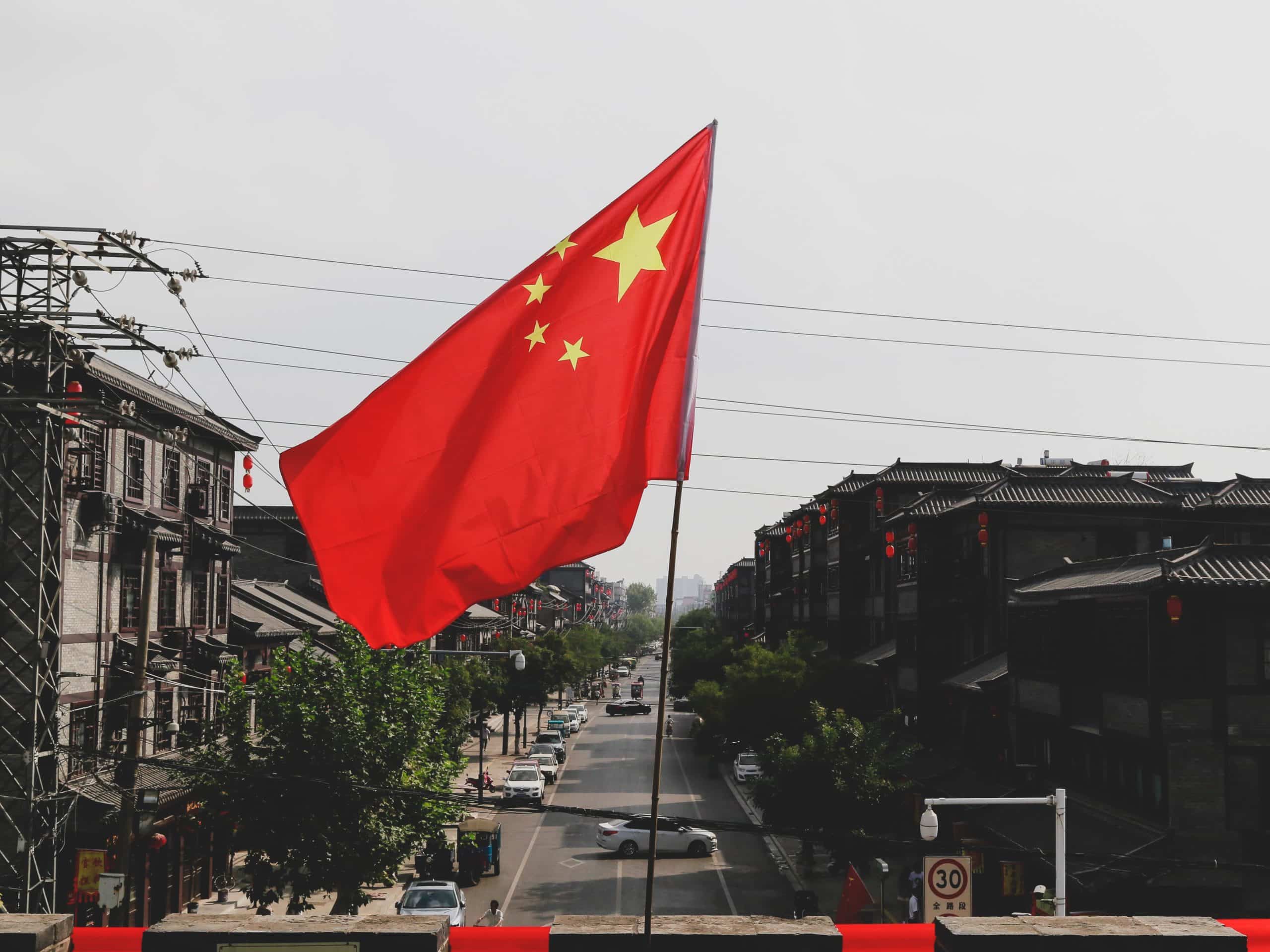A government-backed digital asset marketplace will go live next year on an independently developed blockchain.
The “China Digital Asset Trading Platform” will be launched on Jan. 1, 2023 in Beijing, China Daily reported. The platform will be a marketplace for digital collectibles, including intellectual property rights and digital copyrights.
The marketplace was developed by three state-run entities, China Technology Exchange, China Cultural Relics Exchange Center, and Huaban Digital Copyright Service Center. It will run on a blockchain called China Cultural Protection Chain, described as “the only credible depository service platform” for tradable digital assets.
The launch of a state-owned digital asset marketplace is somewhat surprising given China’s harsh stance towards cryptocurrencies. In March, the country’s largest messaging app WeChat suspended accounts associated with secondary sales of NFTs, CNBC reported.
Still, the rules around NFTs remains largely unclear. Earlier this month, the Hangzhou Internet Court ruled that NFTs have characteristics of property rights, including value, scarcity and tradability.
Yu Jianing, co-chairman of the China Communications Industry Association Blockchain Special Committee, told Sina News that digital collectibles face a higher degree of compliance risk than digital copyrights and intellectual property rights.
“In terms of industry supervision and compliance, digital collections are a new type of business, and laws, regulations and regulatory policies will be gradually improved, so there are certain uncertainties,” said Yu Jianing.
While speculating on NFTs appears to be in a gray area, trading and mining cryptocurrencies like Bitcoin and Ethereum is still very much a no-go as far as regulators are concerned.
However, the country still remains in the top 10 in terms of daily crypto users across the globe. A September report from Chainalysis revealed that China places second amongst all countries in purchasing-power adjusted transaction volume.
“Our data suggests that the ban has either been ineffective or loosely enforced,” wrote Chainalysis in the report.



